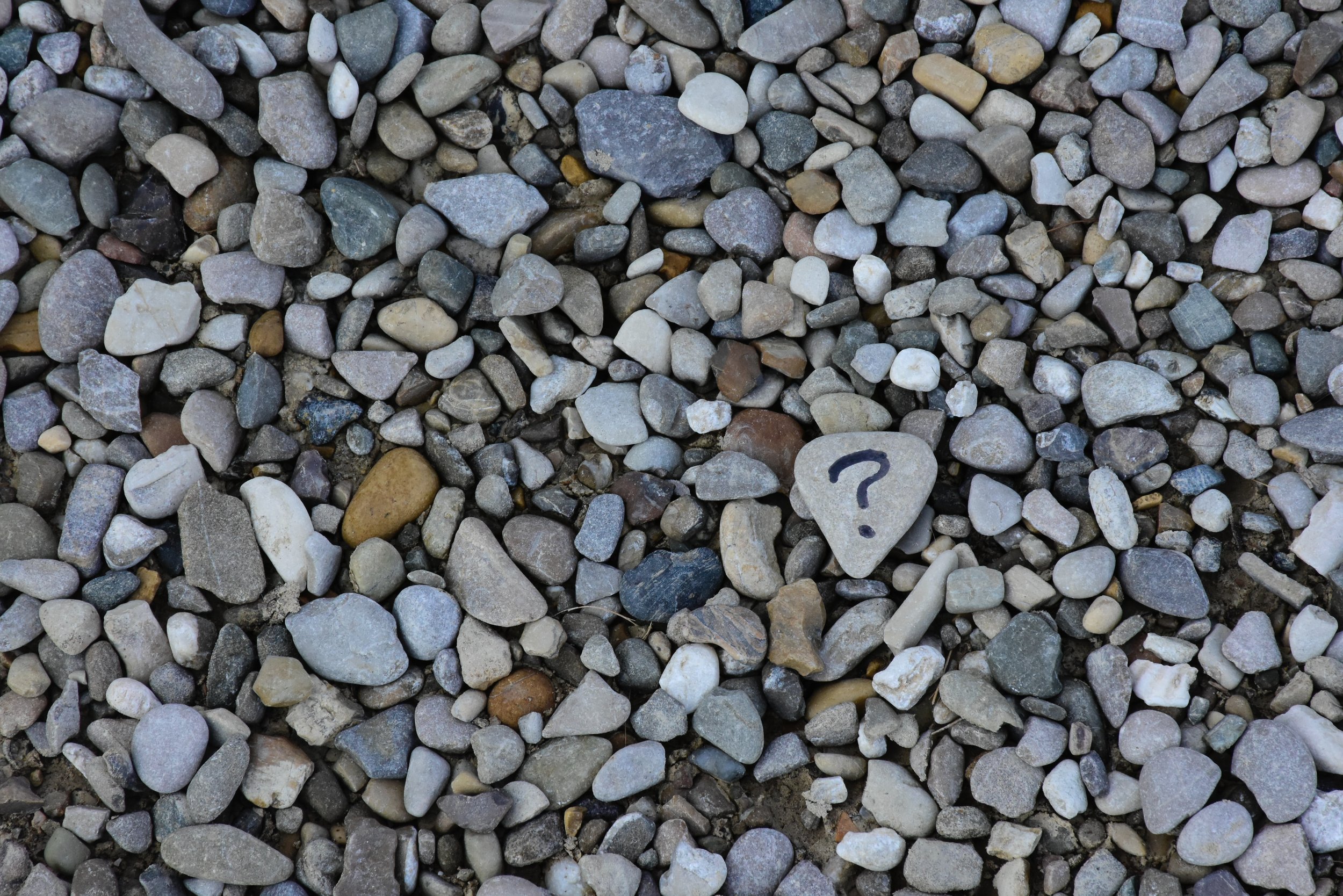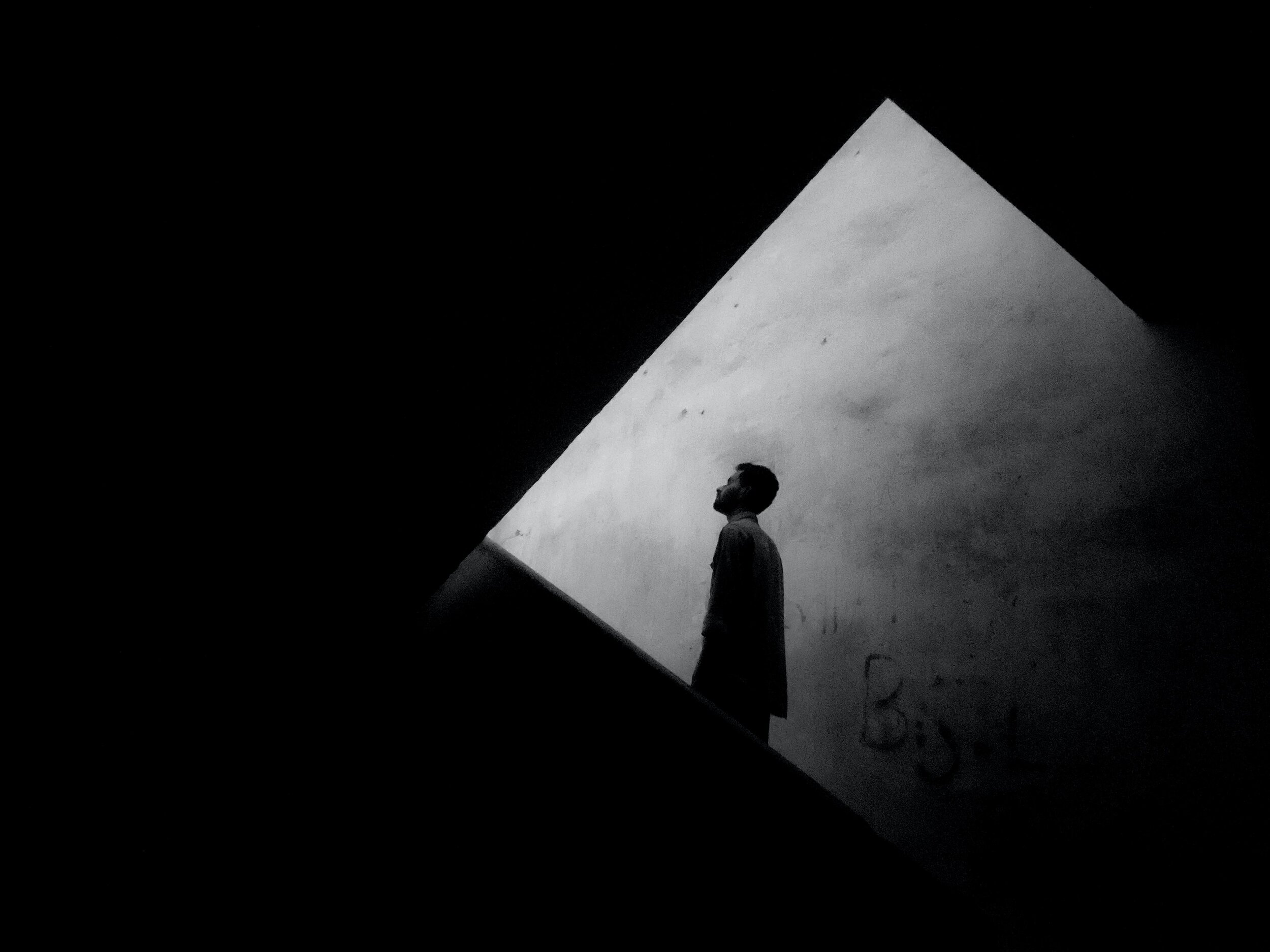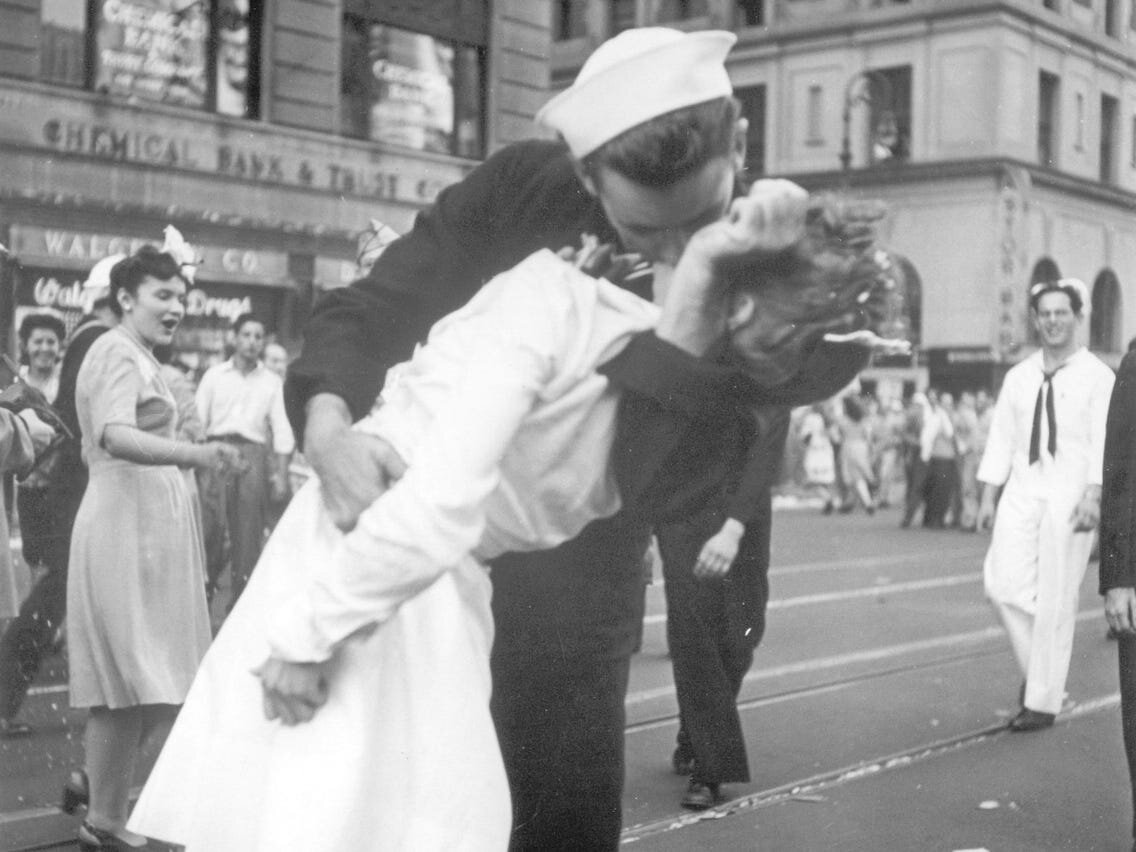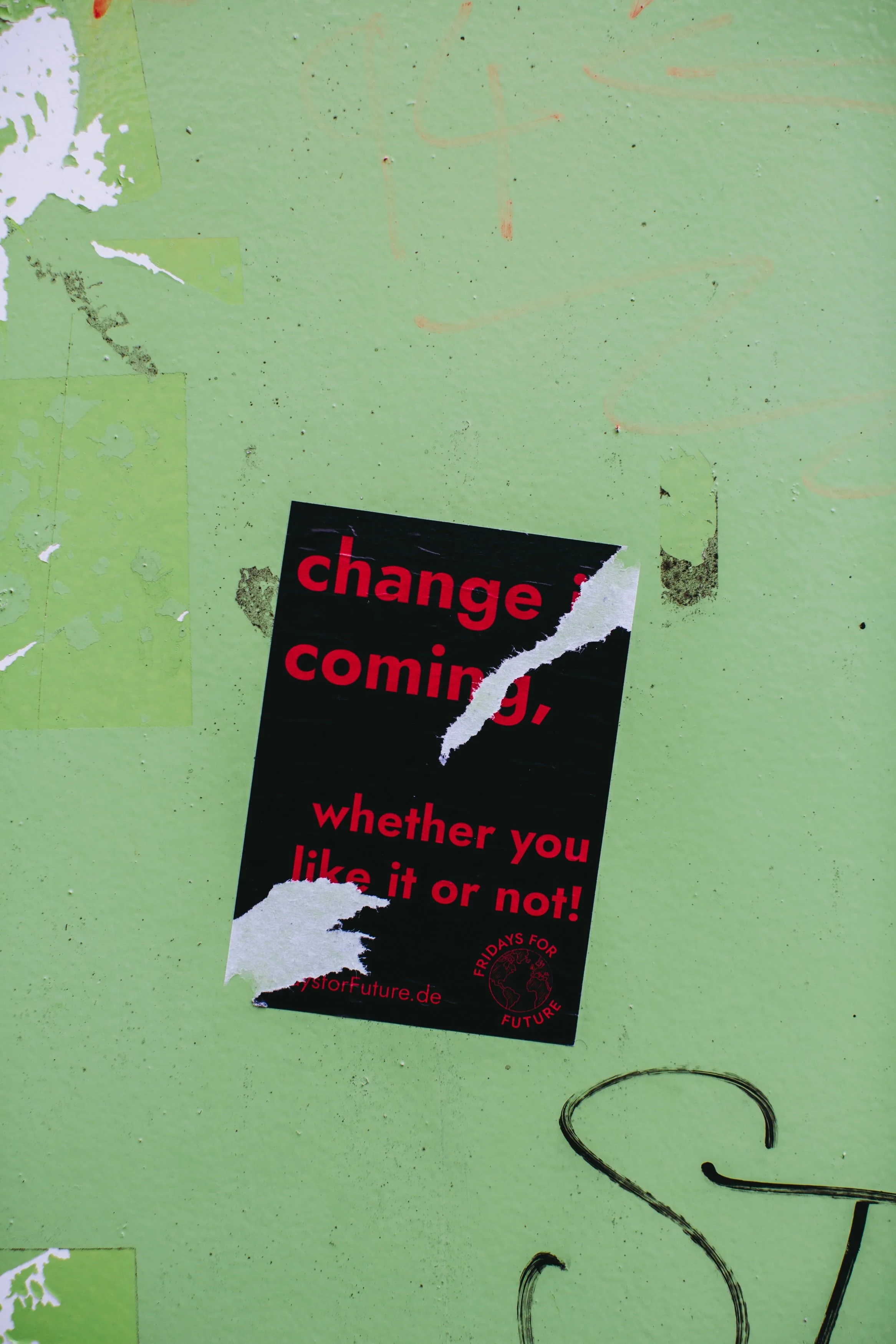
How Are We Doing?
Everyone wants to know if they’re doing okay. The problem is, that’s a really hard question to answer.

Say You Want a Revolution
“Revolution” is an interesting word. Often, it’s used to denote a sudden, profound change. But it can also mean the completion of a circle, as in: each year is a revolution of the earth around the sun. That this one word has both meanings gives us some insight into the way humans used to think about change.

The Cost of Standing Still
When we resist change, do we fear the outcome or just having to change?

Turning Points
As long as people have been tracing the paths of human existence, they’ve noticed that our lives go through a series of distinct, predictable stages. Shakespeare wrote of seven: infant, schoolboy, lover, soldier, judge, old age and second childishness. Other versions, like the Hindu Ashramas or Erik Erikson’s stages of psychosocial development, include more or fewer steps, but the similarities between them are remarkable. In each case, they speak to a fundamental truth about human development: over the course of our lives, we go through not one identity but many, each with its own set of challenges, tasks and discoveries.

The Paradox of Permanence
I’ve been thinking about paradoxes. Three examples, from three different writers, have been bumping around in my mind.
1. From Adam Grant: Learning isn't just about accumulating knowledge; it's about unlearning and rethinking what we believe we know.
2. From Esther Perel: Building strong relationships isn't about building impregnable fortresses; it's about learning to rebuild, so you can weather the inevitable cycle of harmony, disruption, and repair.
3. From Anne Lamott: Good writing isn't about getting it right; it's about getting it out, then rewriting and rewriting and rewriting. All first drafts are shit.

The War is Over
Sometimes, parts of us get stuck in the past, especially when we have to deal with difficult, painful experiences. The trauma of those experiences forces us to go into self-protection mode, and those incidents stick with us. That’s why, when we feel threatened or ashamed, we sometimes regress to those old, self-protective personas and apply the only strategies they know--ones that don’t serve us anymore.

Humans Hate Change
We tend to equate comfort with familiarity. We’re fine with a little novelty--something new, something different, something to break up the monotony of the day. But when it comes to big changes, the kind that shake our world and crack our foundations, we scramble to find a familiar refuge where we can safely hide. And really, you can’t blame us--it’s just the way we’re wired.